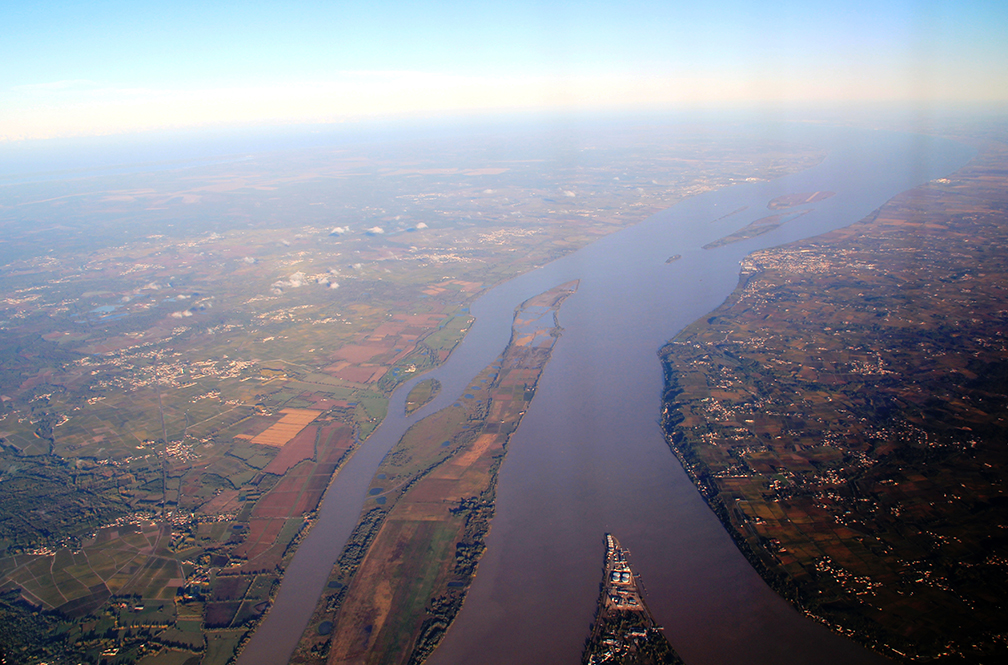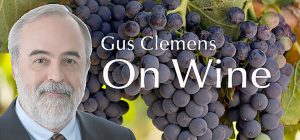Wine is fermented grape juice, an agricultural product like green beans and corn. But that is not how we think about wine. Why?
We think of wine as a consequence of culture rather than agri-culture. Wine is treated like an aesthetic product, similar to the arts, with special terminology, in-depth discussion and analysis, reviews by experts.
But wine also is a commercial product. It has been for thousands of years, and the special dynamics of it being a commercial product shaped wine and how you think about wine. In 2021, the most recent complete statistics, the world made 34 billion bottles of wine with a market value of $53 billion. Wine is a commercial product.
Place—“terroir”—is a central belief in wine’s mythos. As far back as ancient Greece, elites believed wines from distant places were special. The simple folk drank locally produced fermented grape juice or beer. The rich and powerful drank wine. Commercial value was enhanced by the wine coming from a distant place.

That had a major impact on where “fine wine” came from. When you mention Bordeaux your first thought is about wine, not about an estuary. But the Gironde estuary is why great wine chateaus are located on Bordeaux’s left and right banks. The sea gave chateaus trade access to England and Northern Europe, where climate prevented wine production. When you can’t produce something in your back yard and must have it shipped to you, it takes on special value you are willing to pay for.
All the great wine regions of France, Italy, and Spain—the world’s largest wine producers—are located on rivers that facilitate transport and trade. The situation creates a self-reinforcing loop. The chateaus of Bordeaux make money exporting a luxury product, then use the generated wealth to improve their product and reinforce the sophisticated image of their product and create more demand for it.
Terroir is a real thing, but it is the product of winemakers using profits to experiment and learn about what works best on their piece of land. Commercial trade is the reason wineries were located where they are. Knowledge paid for by profits from commercial trade is the reason those places became the best places to make wine.
I believe wine can be a mystical artistic expression
of soaring human endeavors and the good graces of God and nature. But we got there because someone made fermented grape juice worth buying and someone else was willing to pay for it.
Last round: The past—history. The future—mystery. Today—a gift. That is why we call it the present. Wine time.

